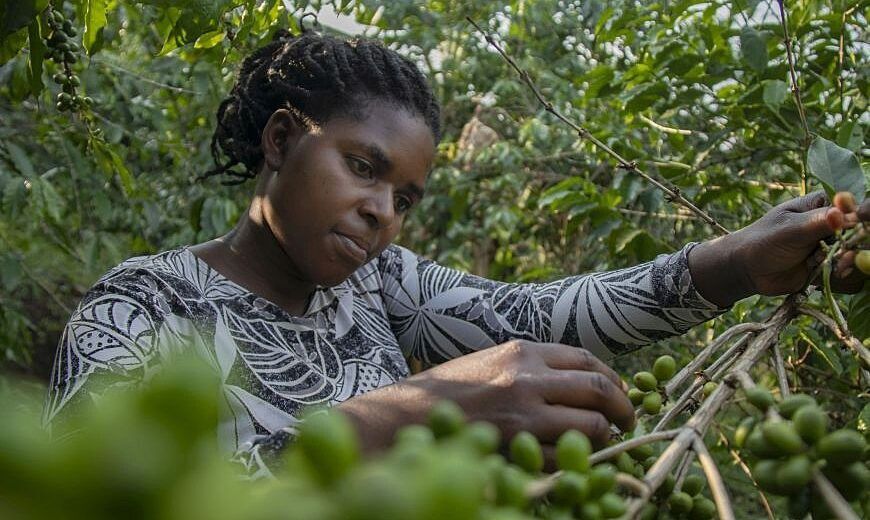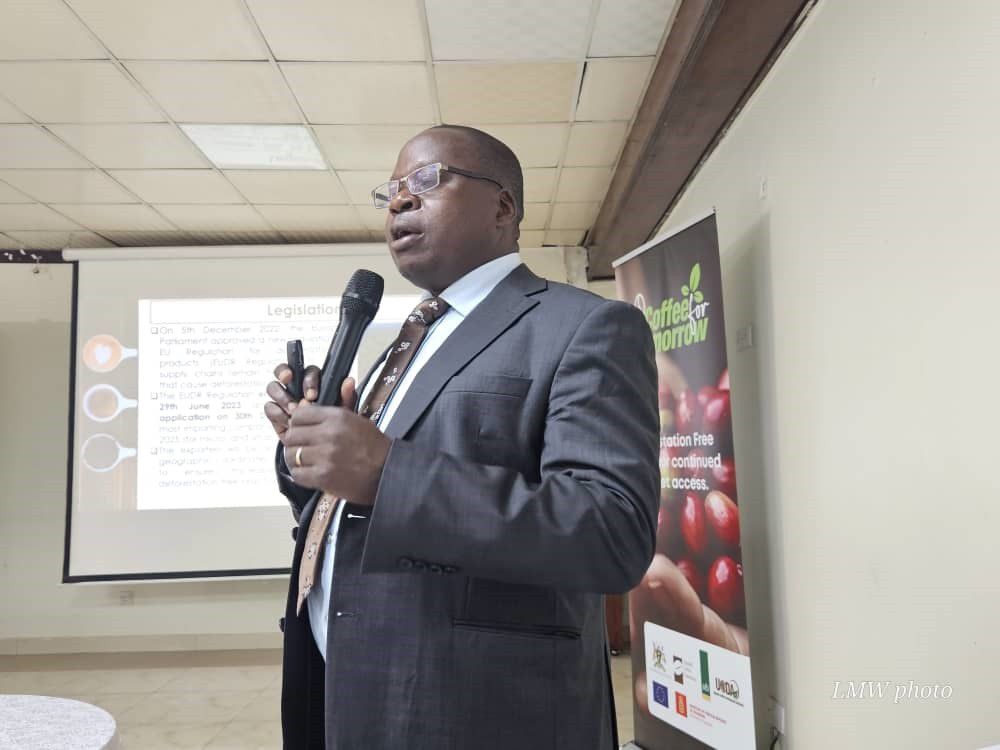Uganda starts registration for all 2million coffee farmers per new EU law
)
The Uganda Coffee Development Authority (UCDA) is racing against time to set up a database for the coffee players in a few months, to comply with a new European Union (EU) export law.
The EU Regulation on Deforestation-Free Products (UEDR) requires, among others, coffee exporting countries to prove that their coffee is not grown in deforested areas.
The regulation was approved on December 25th 2022 and enforcement will commence on December 30th 2024 for large companies, while for the small and medium enterprises (SMEs), enforcement commences in June next year.
The registration exercise as such, has to be completed in the next four months before the regulation takes effect.
It is meant to ensure that all coffee imported to the EU can be traced directly to the farm it originated.
Each coffee farmer, trader, processor and exporter will be registered and assigned a unique identifier on a coding system that is currently being developed.
The plot of land where the coffee is grown will also be mapped and assigned its unique code, linked to the farmer.

Farms measuring less than 10 acres will only need to provide a single GPS location, while those bigger than 10 acres will have to be mapped.
That way, the farms can be overlaid using satellite imagery to check if they were opened in a deforested area.
"The technology used is of high resolution, it can separate the coffee from other plants,” explained Robert Nangatsa, the manager of extension workers at UCDA.
“We are going to embark on this process immediately and ensure that we do not leave anyone behind because we cannot afford to lose the European market,” he added.
“People who are not willing to be registered stand a risk of not trading in the EU market.”

What is a forest ?
Under the EU regulation, a forest is either natural or a plantation of trees higher than 5 meters, covering 0.5 acres or 1.2 acres of land; with a canopy cover of more than 10%.
The registration of players according to Nangatsa, is starting next week, following the completion of contracting a service provider. It will be conducted through an app.
Agricultural Business Initiative (aBi), a Denmark and Swedish-funded agency has provided funding for the initial registration exercise to cover about 990,0000 of the 2 million coffee farmers. The rest will be covered by the government of Uganda.
Samson Emong, the country manager of Cafe Africa says Uganda has expressed its reservation about the UE requirement which he described as "complicated" and "extremely expensive."
Emong also notes that in Uganda coffee production has never caused deforestation, but that the EU insists on providing proof of this through the EUDR process.
Why Uganda needs the EU market
Uganda has in recent years seen an uptick in coffee exports, with up to USD 1.44 billion earned last year.
The majority of Uganda’s exports end up in the European Union. According to UCDA, 66% of the country’s coffee exports went to Europe, while over the past 10 years, exports to Europe have averaged 63%.
)
)
)
)
)
)
)